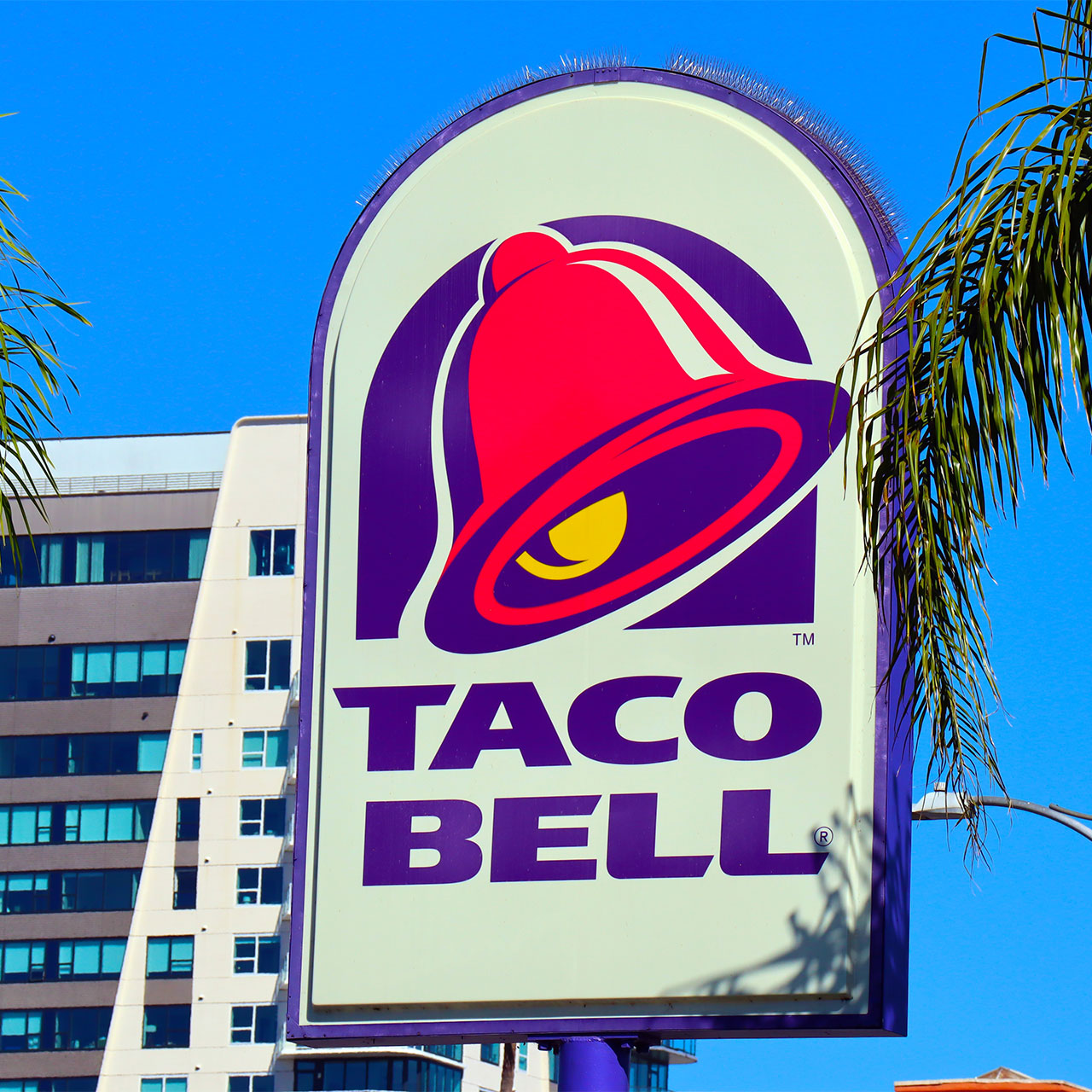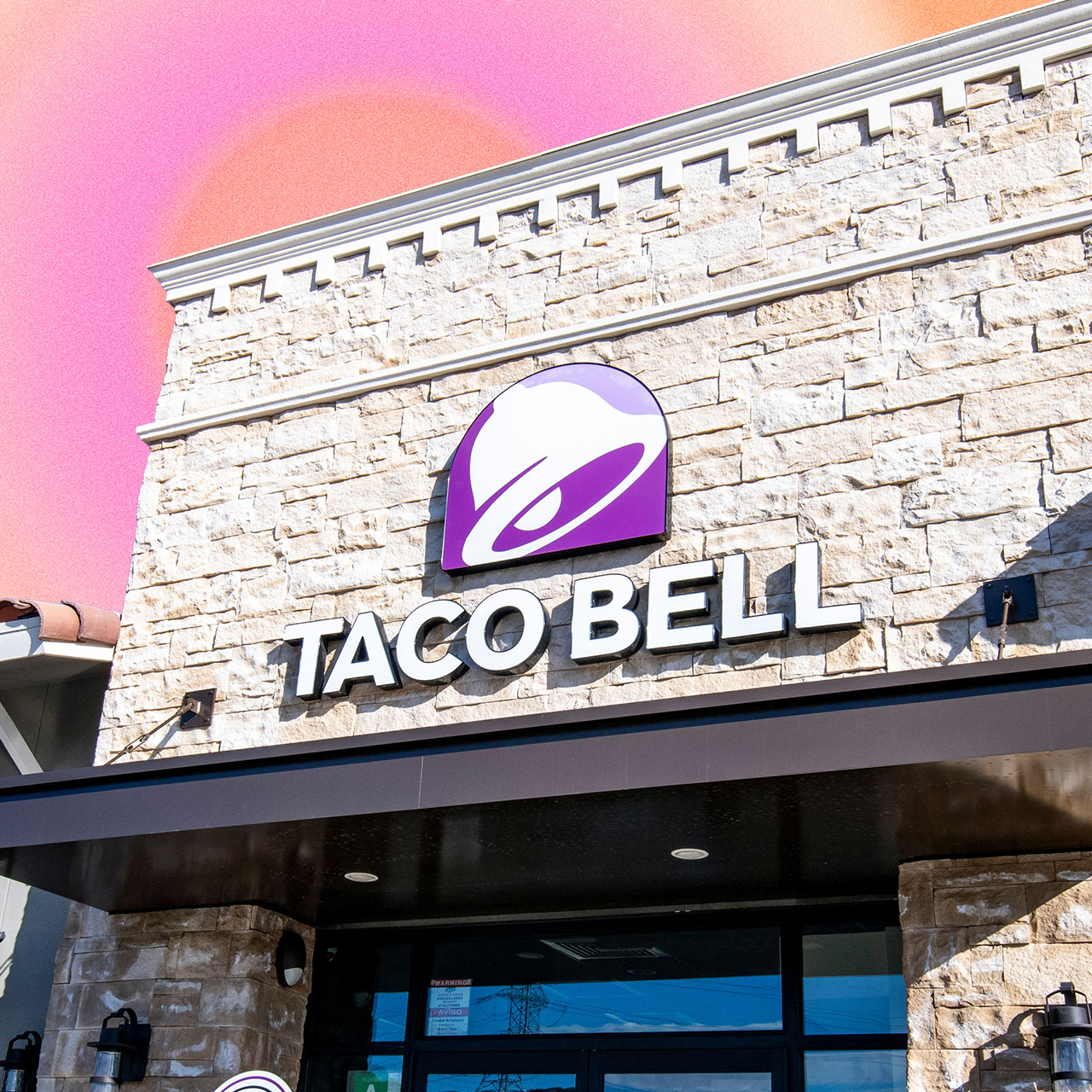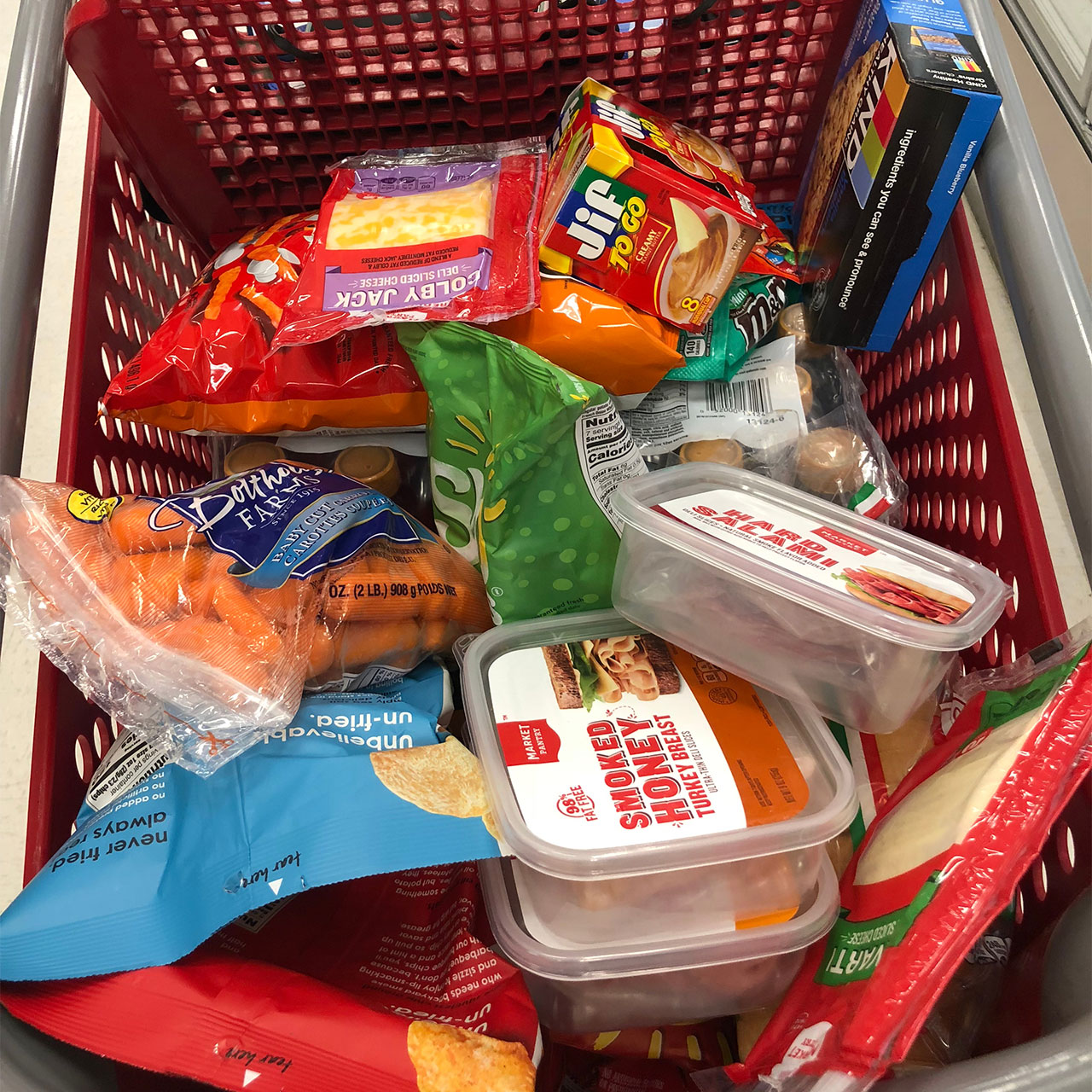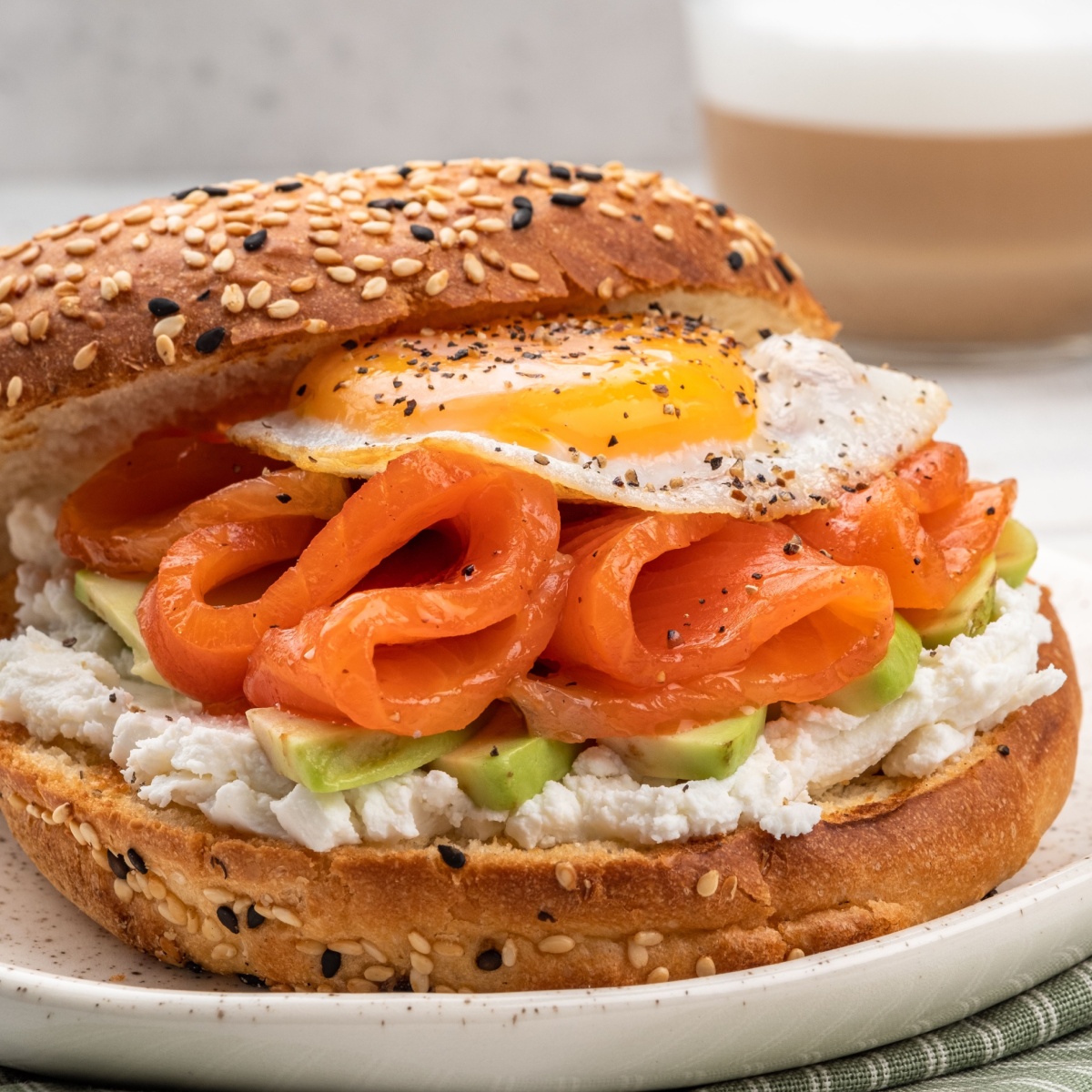For years, you’ve probably been told that you have to cut all carbs to successfully lose weight. But it turns out you should keep eating a select few. Carbs aren’t evil—your body needs them and they could be the best type of food for weight loss! When consumed in moderation, healthy carbs can actually keep you full and satiated longer throughout the day.
Whether you’re starting your weight loss journey, or are looking for fresh ideas to spruce up your diet, experts say that non-starchy vegetables, whole grains, and legumes are some of the best carbs to eat and still lose weight. To learn more about these carbs, we spoke with Barbara Kovalenko, a registered dietitian and nutrition consultant at Lasta; Sophia Turner, a registered dietitian, fitness coach, and co-found of Slimetc; and Krutika Nanavati, a registered dietitian and nutritionist. They said that non-starchy vegetables, whole grains, and legumes are the best because they are low in calories but high in fiber. Read on to find out more!

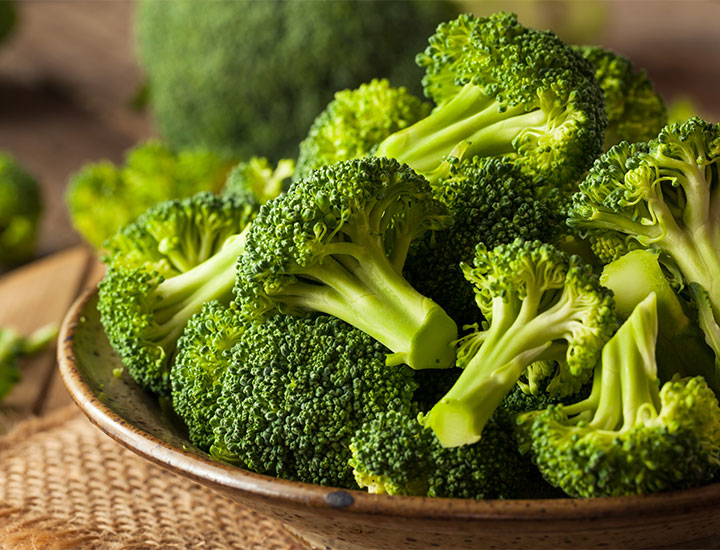
Non-Starchy Vegetables
According to the Food and Drug Administration, the daily recommended carb ratio should be 300 grams per day (when you're eating a 2,000-calorie diet). One healthy carb that Kovalenko recommends is non-starchy vegetables like spinach, broccoli, cauliflower, and zucchini.

"Non-starchy vegetables," she explains, "are a great carb option for weight loss because they are low in calories and high in fiber, which can help you feel full and satisfied with fewer calories. They also provide important nutrients, such as vitamins and minerals, that can support overall health and weight management." They can be eaten raw and added to salads. Or, they can be roasted, sautéed, steamed, or grilled. And, if you're looking to add flavor without any extra calories, consider adding herbs and spices that can also boost your immunity like rosemary!
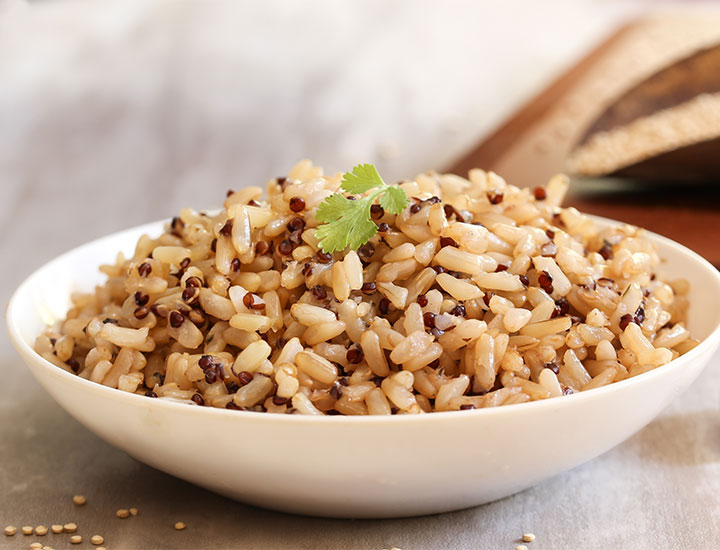
Whole Grains
Quinoa, brown rice, oats, and barley are some common whole grains and unlike refined carbs which can lead to inflammation, Kovalenko says that you can still eat and lose weight. "Whole grains are another great carb option for weight loss because they are also high in fiber, which can help you feel full and satisfied. They also provide important nutrients, such as B vitamins and minerals, that can support energy levels and overall health," she notes. "Additionally, consuming whole grains has been linked to a lower risk of obesity and other chronic diseases."

And, thankfully, whole grains can be cooked in a variety of ways, she says, "such as boiled, steamed, or baked." You can also add vegetables or spices and herbs to make your whole grains even tastier without the extra calories. Kovalenko also warns that it's also important to keep portion sizes in mind, "as whole grains can still contribute to calorie intake if consumed in large amounts." Check out some life-changing portion control hacks that dietitians swear by for weight loss.
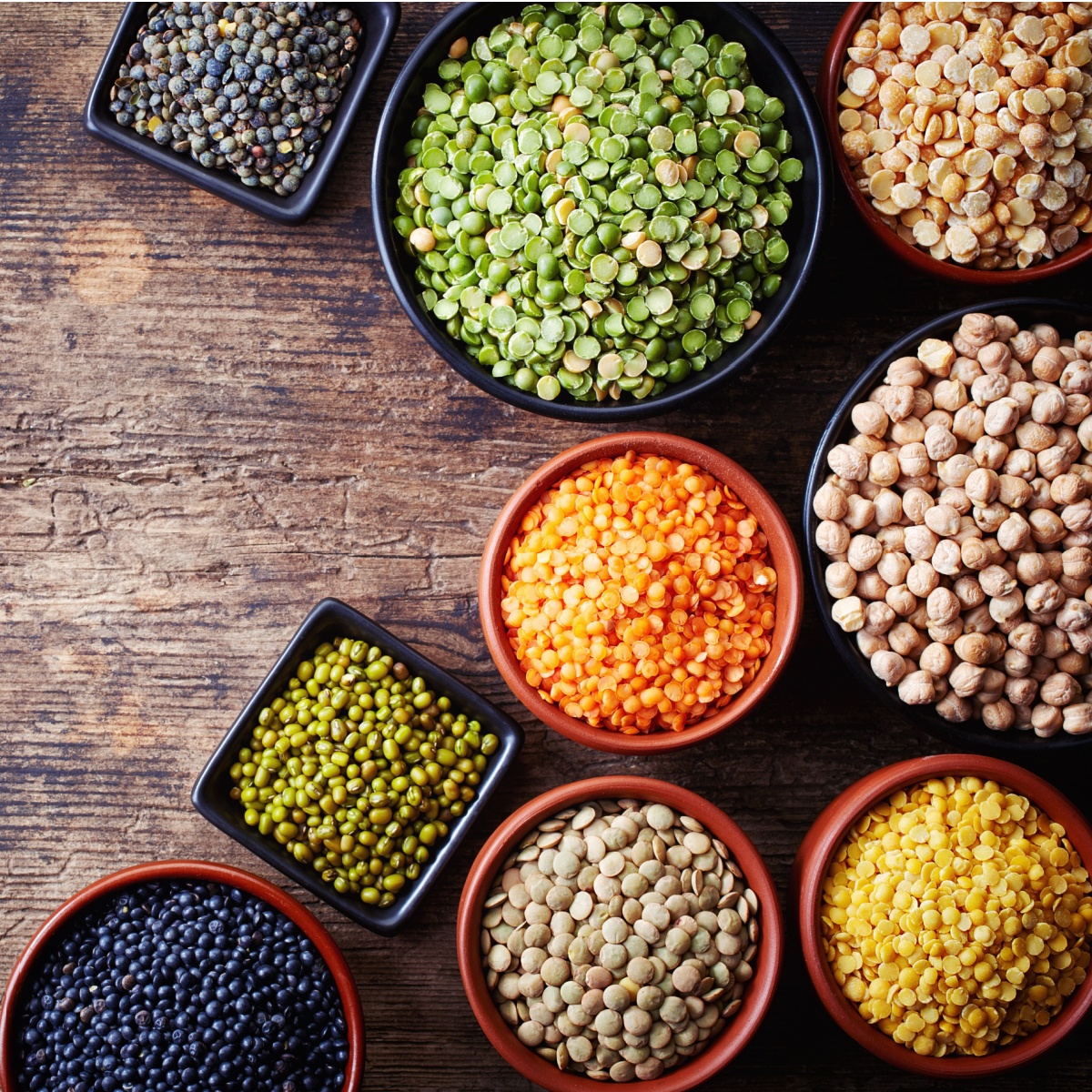
Legumes
Legumes, including beans, lentils, and chickpeas, are considered a good carbohydrate option for weight loss due to their unique nutritional profile. These plant-based foods are rich in complex carbohydrates, which are digested slowly, providing a steady release of energy and promoting feelings of fullness and satiety. Additionally, legumes are high in dietary fiber, which not only aids in digestion but also helps regulate blood sugar levels and prevent spikes in insulin, reducing the likelihood of overeating and promoting weight management.
"Legumes, like lentils, beans, and chickpeas, are protein and fiber-rich. They help slow carb absorption, stabilize blood sugar levels, and aid in weight loss by increasing fullness," Nanavati says.
Legumes not only aid in weight loss but also help lower cholesterol levels. "Regularly consuming legumes in various forms, such as in soups, salads, or side dishes, can contribute to improved cholesterol levels and overall heart health," Turner says. “This soluble fiber forms a gel-like substance in the digestive tract, which binds to cholesterol and bile acids. As a result, the body excretes more cholesterol, leading to a decrease in LDL cholesterol levels," she tells us.









